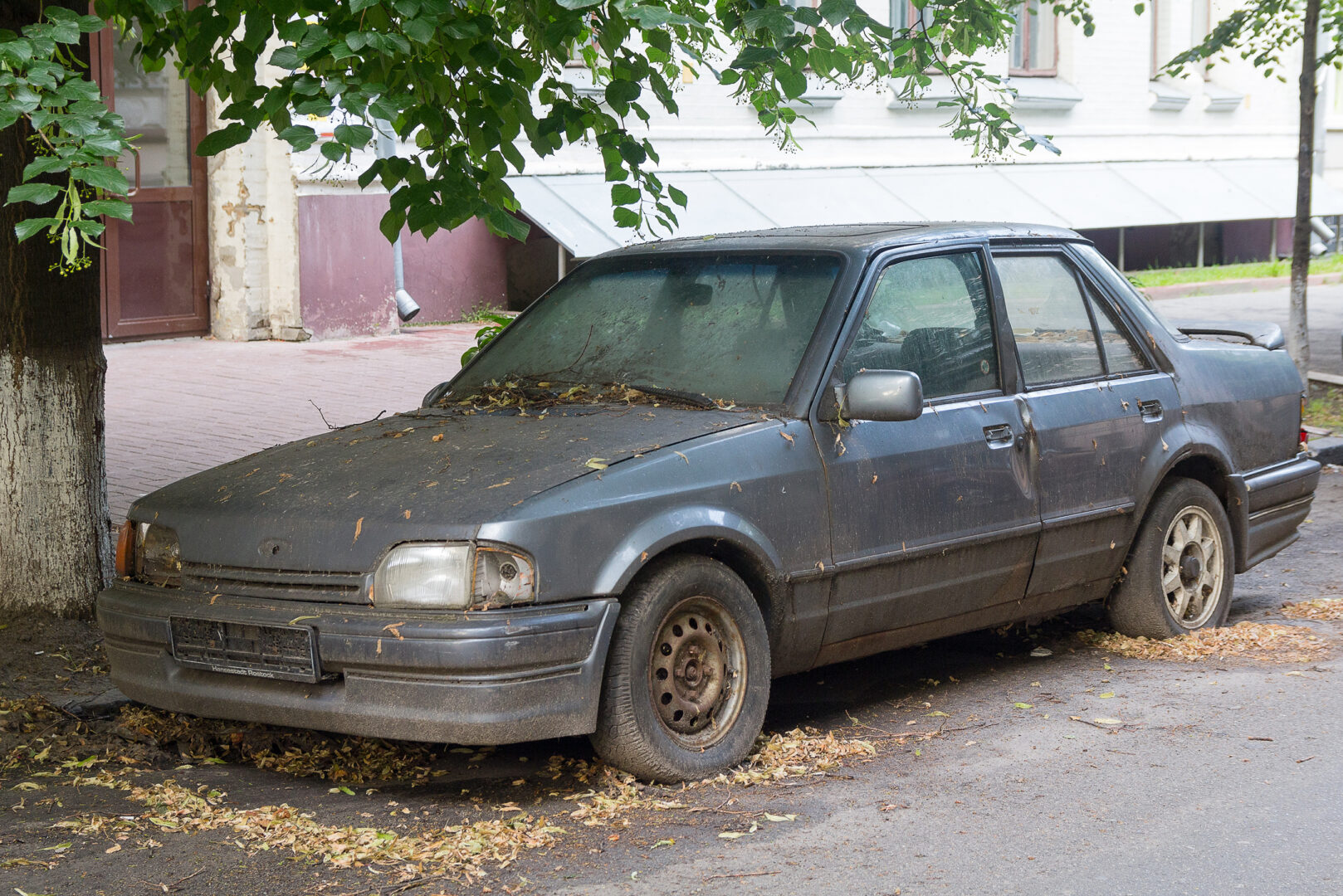4 Tips for Maintaining Older Vehicles

Vehicles are lasting longer than ever before. The U.S. Bureau of Transportation found that the average age of vehicles on the road are 11 years old. You can expect to get around a dozen years or around 200,000 miles out of your car. Just 15 years ago, that number was eight years or 150,000 miles.
And in more good news, those numbers could be greatly increased with proper maintenance, and being able to get more life out of an existing car can save you thousands per year in car payments you won’t have to make.
CHC has four tips for maintaining older vehicles to get the most out of your ride.
- Stick to the Maintenance Schedule
First, you should find a dependable mechanic you can trust. Explain to them that you’re looking to get as much life out of your vehicle as possible. The best way to do this is by sticking to the maintenance schedule for oil changes and tune-ups. And remember, older cars burn oil quicker, so you will need to change the oil more frequently as your car ages to the point where you may need to top off in between oil changes, so be sure to check the dip stick regularly.
- Keep Tires Properly Inflated
Having your tires properly inflated will help you get the best performance out of your vehicle. In addition to keeping up with the air pressure, also have your tires rotated each time you get an oil change. Even wear on tires also prevents a host of issues that can slowly develop on a vehicle.
- Don’t Forget About the Outside
Washing and waxing your ride can also prevent your vehicle from aging on the outside, especially in our winter climate where sand and road salts eat at the body.
- Be Aware of What Parts Need to Be Replaced
Batteries (every 36 months or so), spark plugs, water pump, drive belts, timing belts, alternators, and other parts are going to wear out the longer you drive a vehicle. Have your auto repair shop give a full inspection on the car when it goes in for an oil change. While it may seem expensive at the time, replacing these items before they wear out can save you money on more costly repairs down the road—and it also costs less than a car payment!


